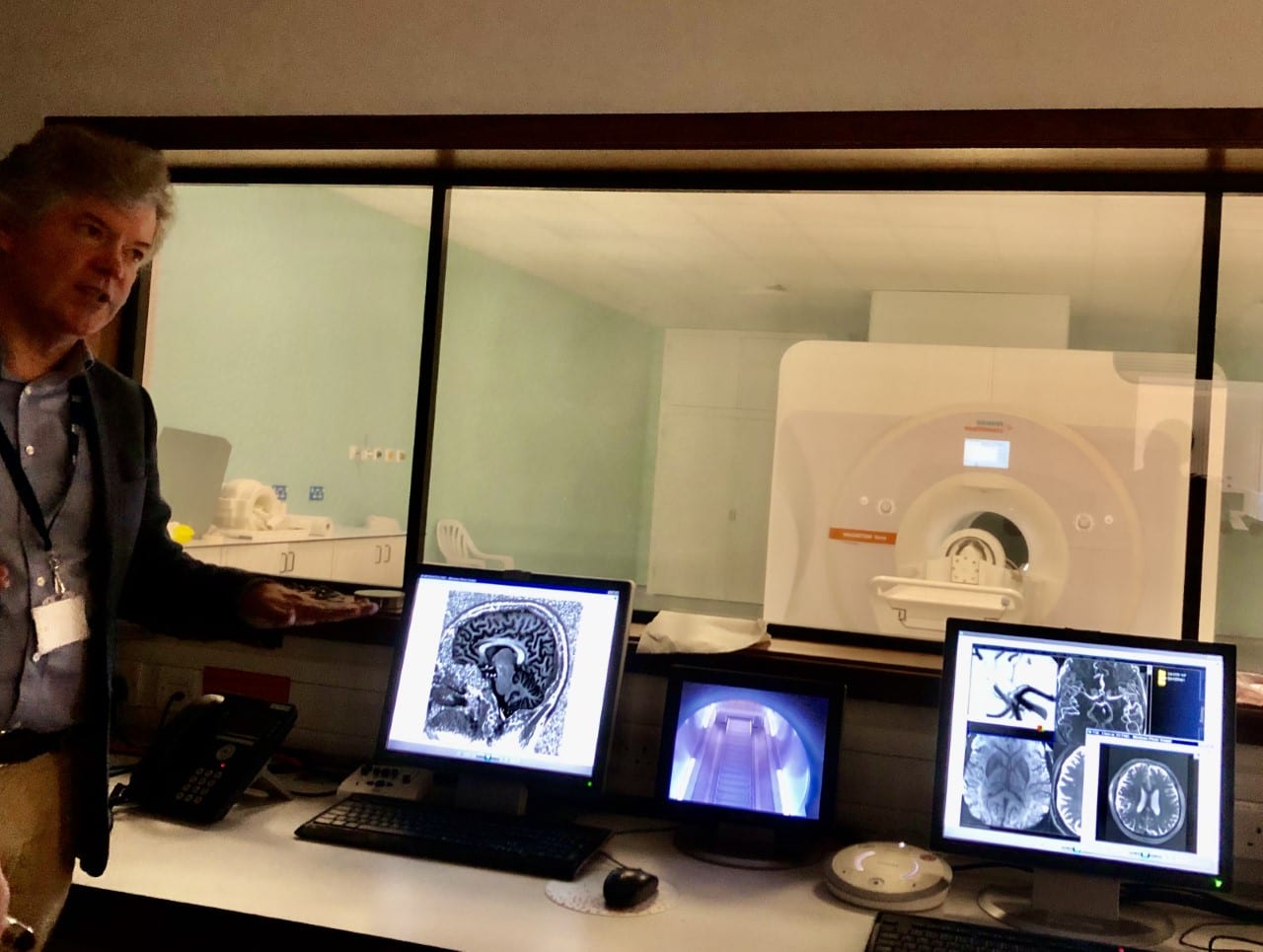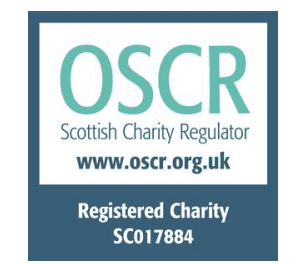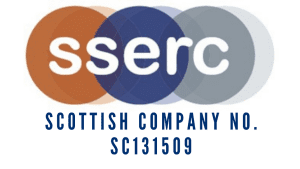Canon Medical Research Edinburgh & University of Glasgow’s Clinical Innovation Zone offered Grand Challenge teacher placements, focusing on Artificial Intelligence for Early Diagnostics.
Canon Medical Research Europe is a leading medical software research and development centre of excellence, generating breakthrough technologies and valuable intellectual property for Canon Medical Systems. They develop next generation medical imaging software to integrate with Canon Medical scanners and other diagnostic healthcare solutions which are installed in hospitals and healthcare centres across the globe.
Canon Medical Research Europe Ltd are a founding partner of Scotland’s ‘Industrial Centre for Artificial Intelligence Research in Digital Diagnostics (iCAIRD). iCAIRD brings together a pan-Scotland collaboration of 15 partners from across academia, the NHS and industry to enable improved patient diagnosis, treatment and results.
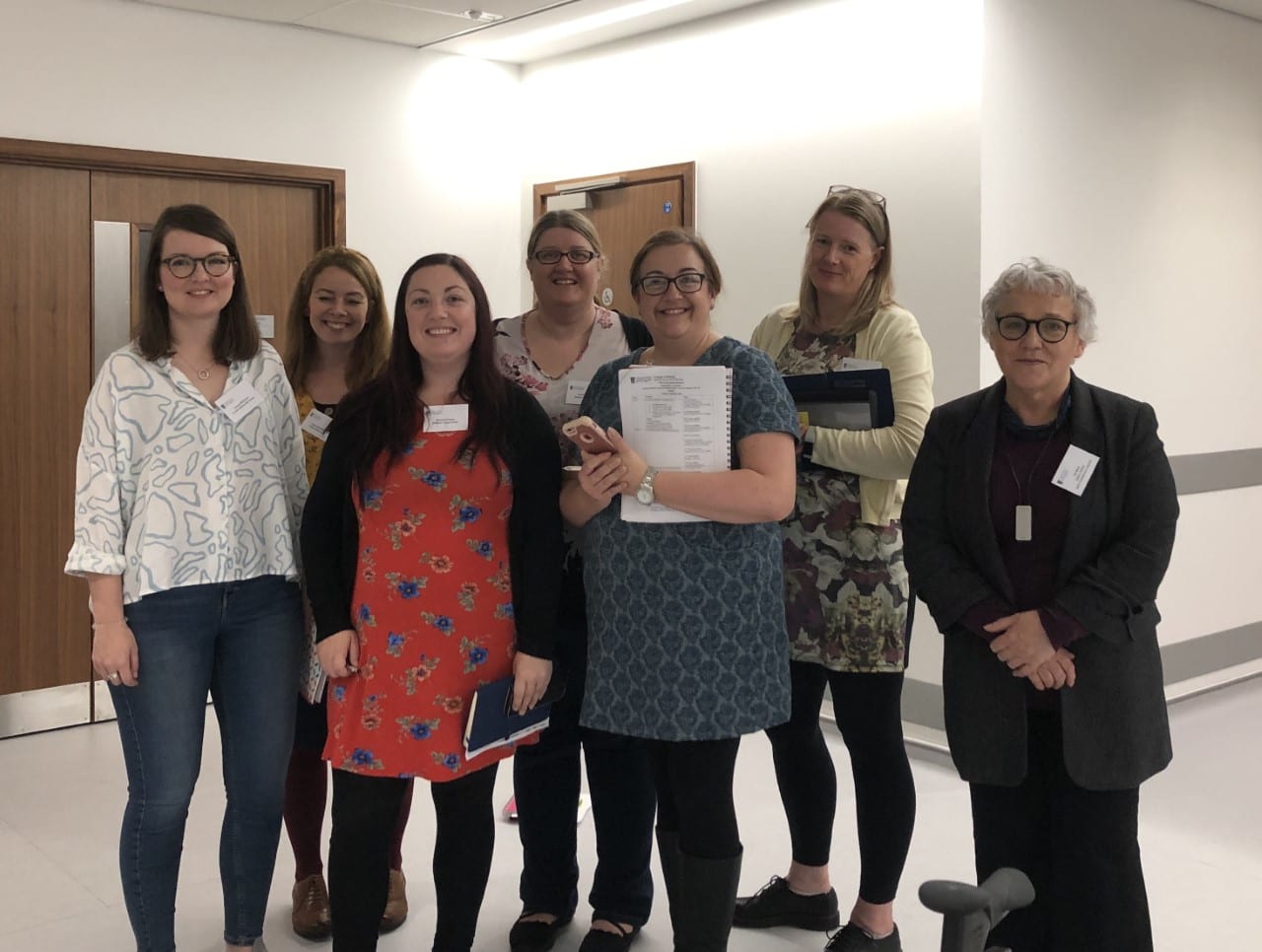
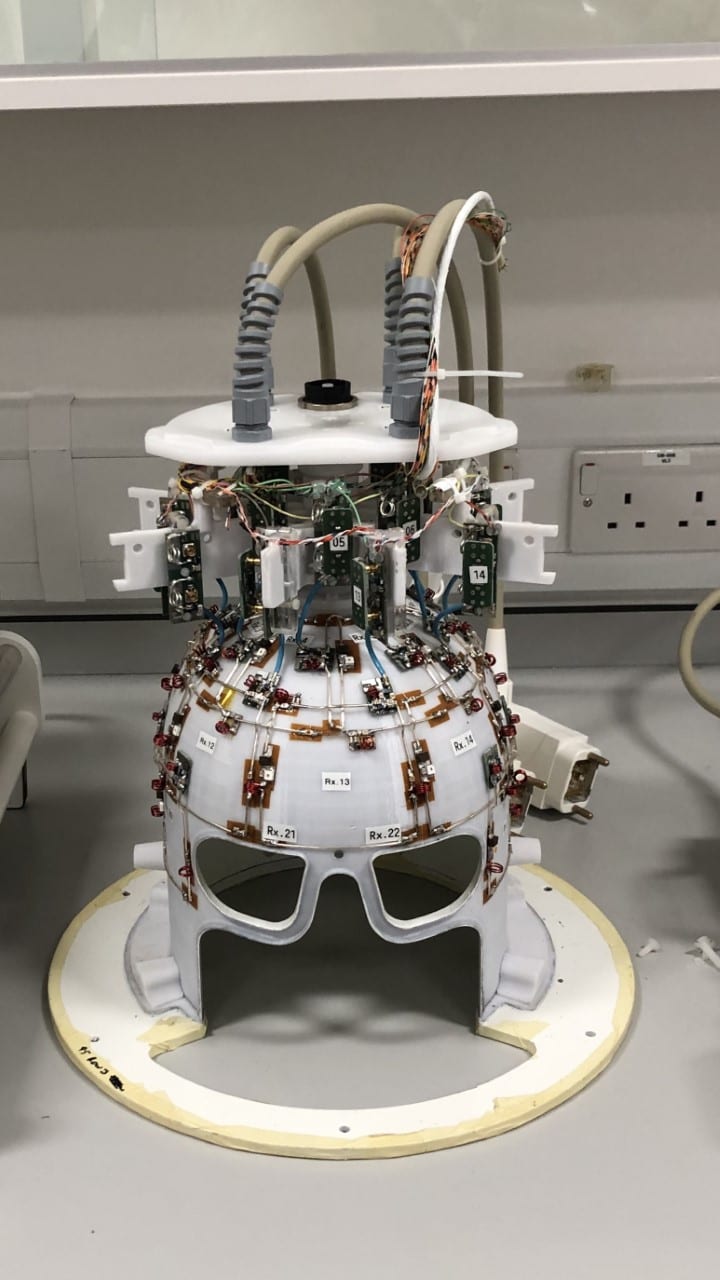
The University of Glasgow’s Clinical Innovation Zone at the Queen Elizabeth University Hospital (QEUH) campus is Scotland’s focal point for the implementation of precision medicine, with the Stratified Medicine Scotland Innovation Centre (SMS-IC) located there. Precision Medicine is an innovative new approach that enables doctors and researchers to identify and develop treatments that are effective for particular groups of patients using advanced new genomic, imaging and information technologies. Precision medicine will ensure that the right patient gets the right treatment at the right time and will provide safer and more cost-effective treatments.
Teacher Placements took place in September 2019, with the recall day in January 2020. Participants were given insights into how AI in healthcare can positively impact patient outcomes in the form of prevention, early diagnosis and treatment.
Days 1 & 2 were based in Canon Medical Edinburgh and included project overviews, demonstrations and an opportunity to speak with employees, understanding of clinical requirements; work shadowing in AI Centre of excellence and an overview of intellectual property process.
Day 3 was based in the University of Glasgow’s Clinical Innovation Zone at the QEUH Campus, designed to facilitate ‘triple helix’ partnership between University, NHS and industry. Participants learned about Precision Medicine, including discussions with researchers, clinicians and companies. The day included visits to iCAIRD, the Stratified Medicine Scotland Innovation Centre, and the Imaging Centre of Excellence (including Scotland’s only 7T MRI scanner). Discussions included the increasingly multidisciplinary nature of medicine, the importance of healthcare data, public confidence (e.g. around genomics and role of industry) and the many types of skills which will be required in future from engineering to physicists to laboratory technicians.
Below are quotes from teachers that attended the placement:
It has shown me that with a solid STEM foundation, people have such varied options open to them. It’s reinforced that skills achieved and nurtured in STEM provide a springboard into so many potentially cutting-edge and life changing ventures. It has been truly invigorating and helped me reconnect with my own passion for STEM and, as such, it’s been the most valuable CPD experience I have ever had. So, thank you to everyone at SSERC, Canon Medical and the ICE for having such an impact on my outlook and, therefore, my pupils’ understanding of the varied opportunities around STEM careers.
To see how important computer science is for the future of these industries was a real eye-opening for me and to hear them say that they think computing is the one subject young people should be doing…I’d never really consciously thought of Biology being a logical link with Computing but clearly I was not thinking properly about it all.
The staff have been so welcoming and really made so much effort to give us a very broad understanding of the roles within the organisation. The demonstration of the ultrasound was fantastic.
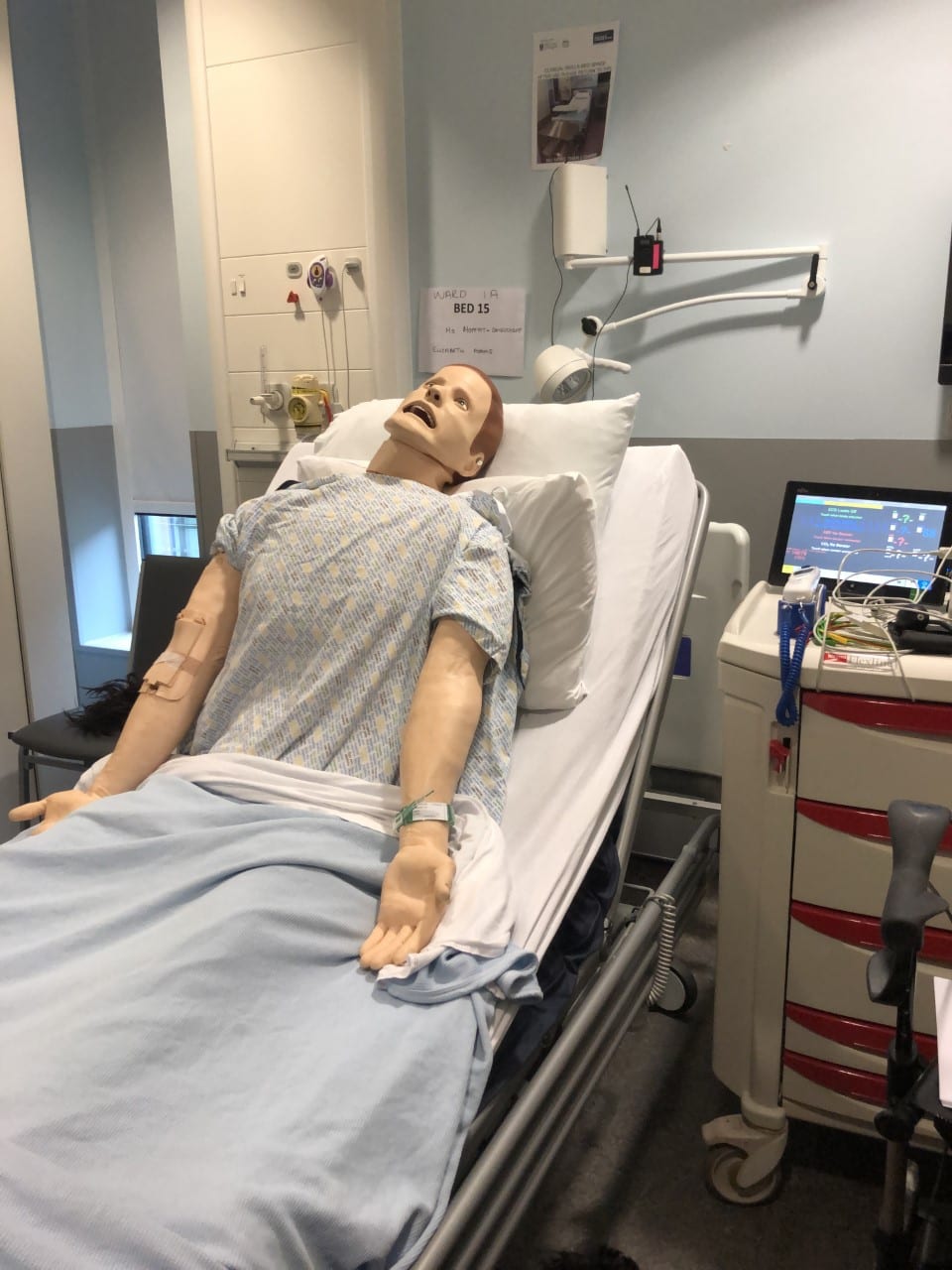
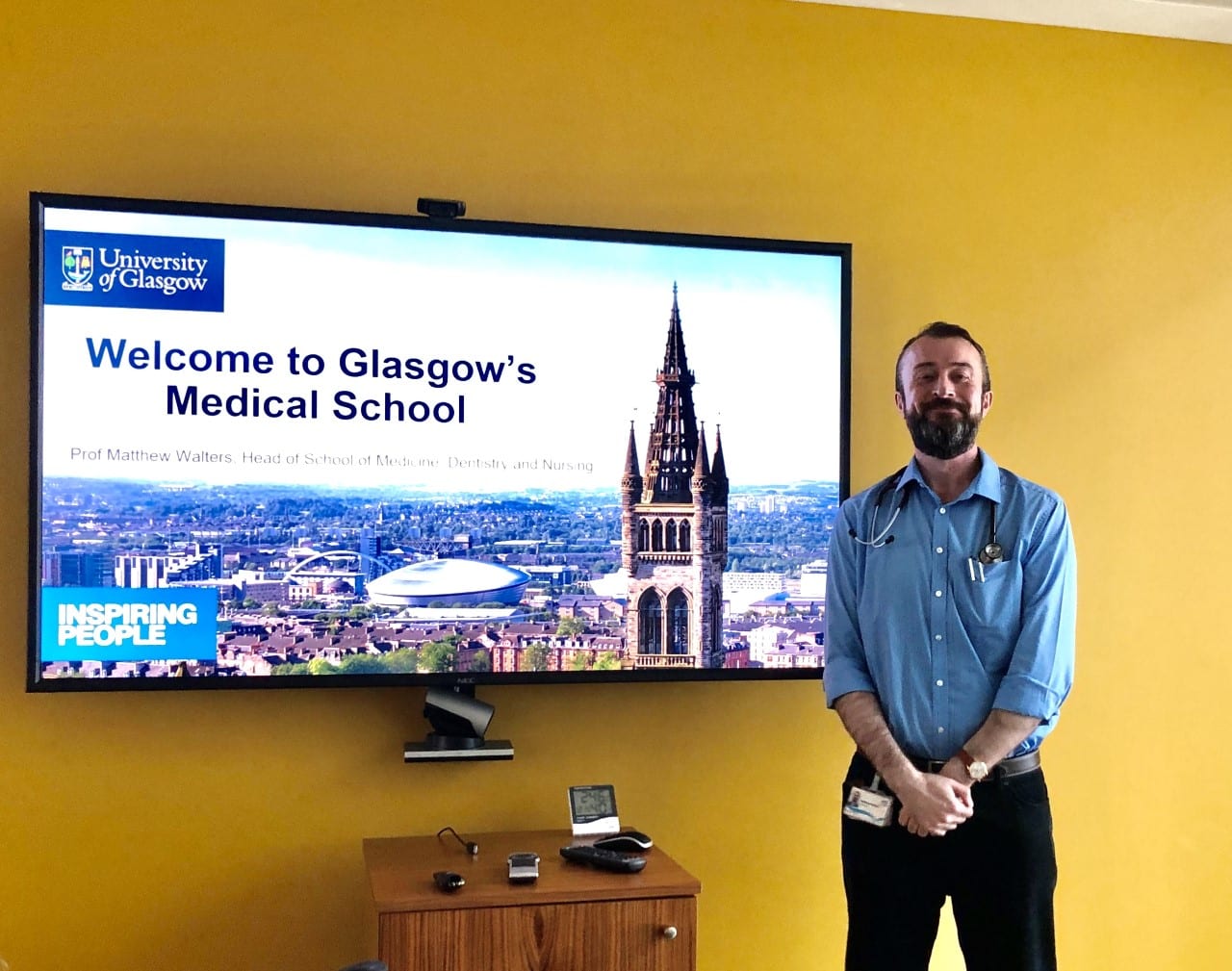
The other teachers on the programme are fantastic too and there have been some opportunities within the day to chat to each other and learn from what we are all doing back in school. I can see us sharing contact details and remaining in touch to support each other moving forward with our ideas.
It was mentally very stimulating and professionally incredibly useful. Both Canon and ICE made us feel so welcome and were overt in their desire to meet our needs. It was a privilege to be hosted by them and I really appreciated the time they spent both prior to and during our visit. It was so good to be able to get out of school environment and see the potential settings that or students could work in. Seeing the triple helix approach in action – the need for, and the response to, precision medicine – was very interesting and will have a direct impact on my delivery of that part of the Higher Human Biology course – it really brought that part to life for me.
It is incredibly reassuring to be able to take back to school the message to pupils that Scotland is leading the way in this field and a vast array of STEM skills and knowledge are required from the next generation.
A key message to deliver to my school is that skill development is paramount and, although we are bound by national qualifications to deliver content heavy courses, we must shift some of our focus to highlighting the importance and supporting the development of skills in our pupils. Oh, and Computing Science should be compulsory!
https://www.digitalworld.net/blog/healthy-career-prospects-digital-health-part-two
